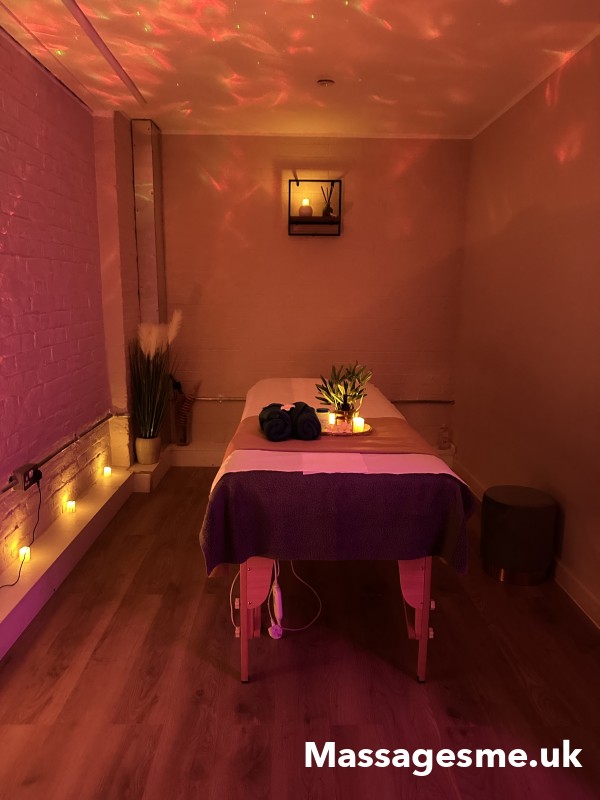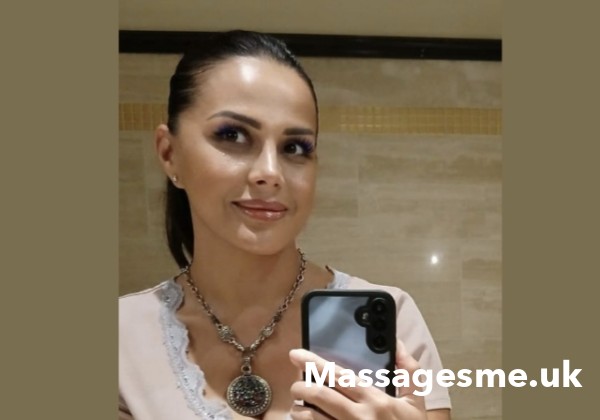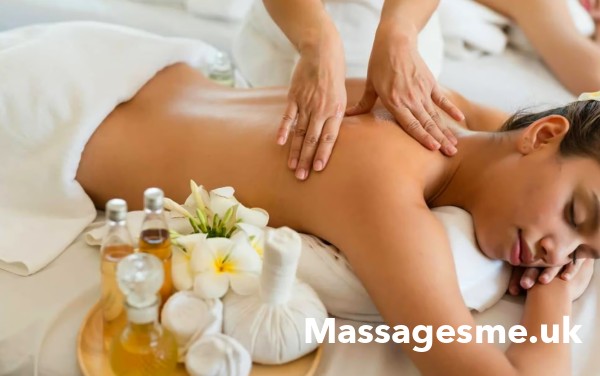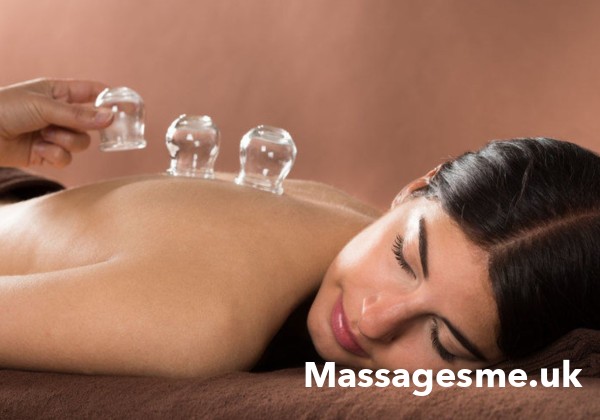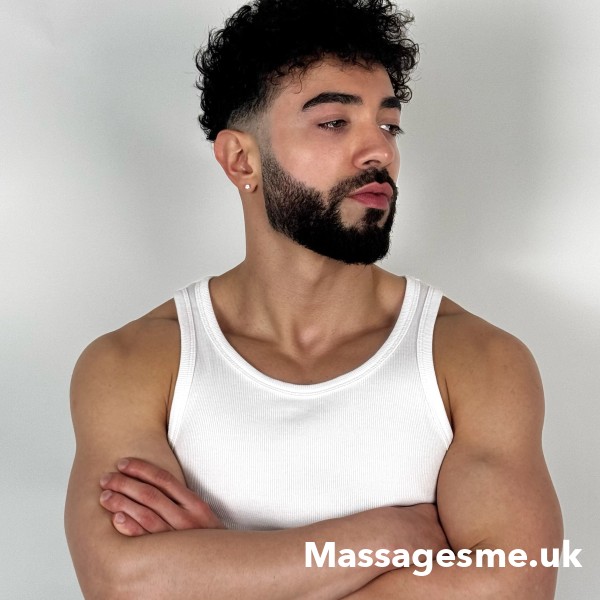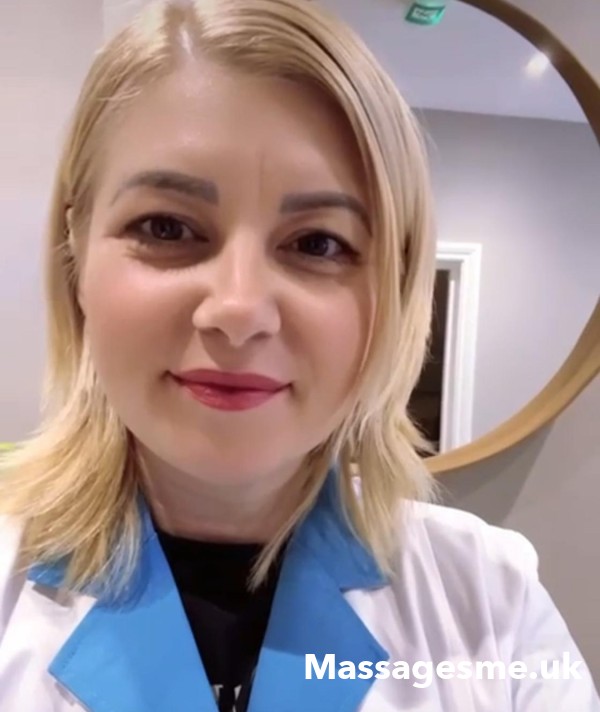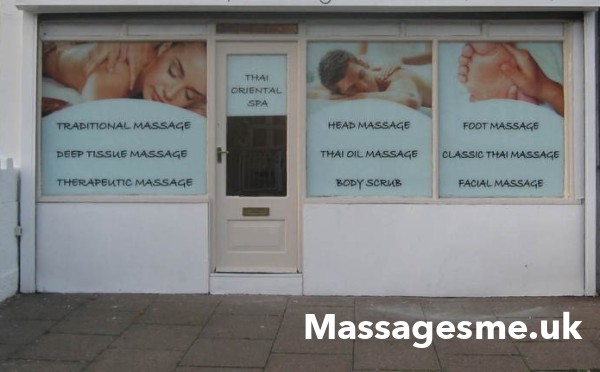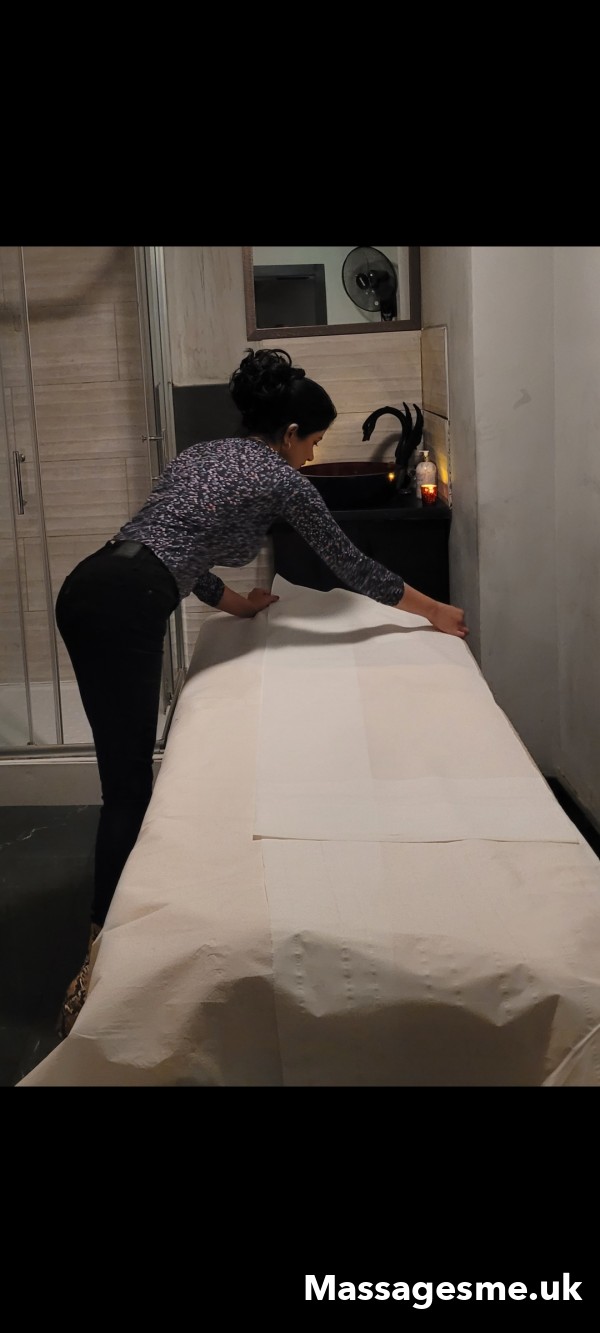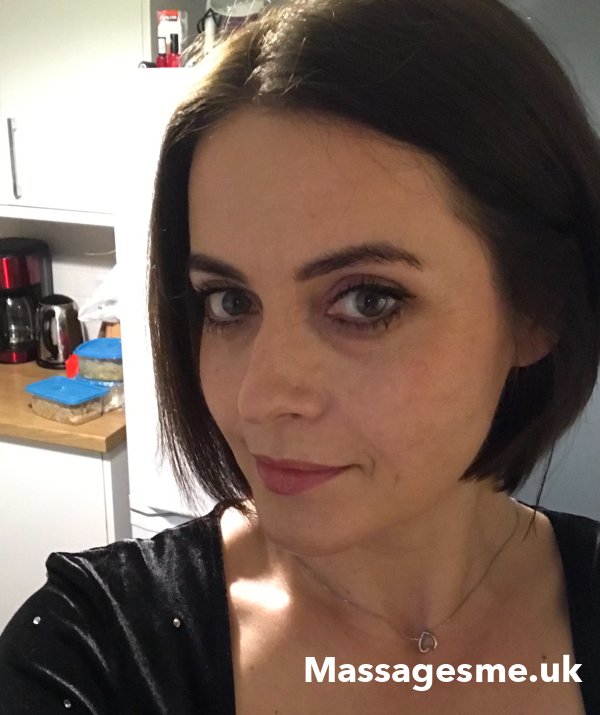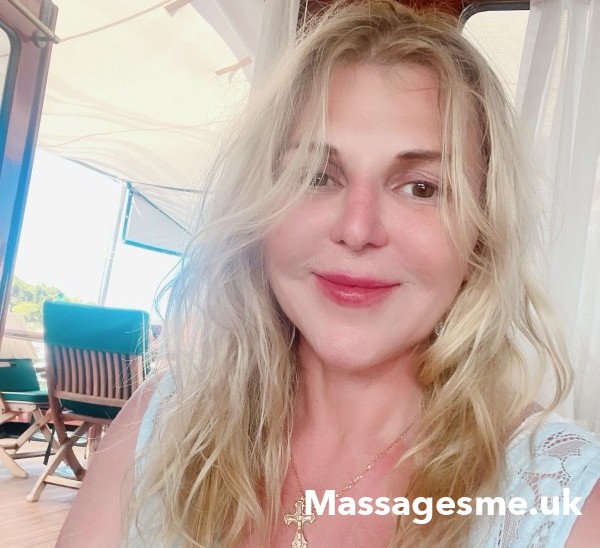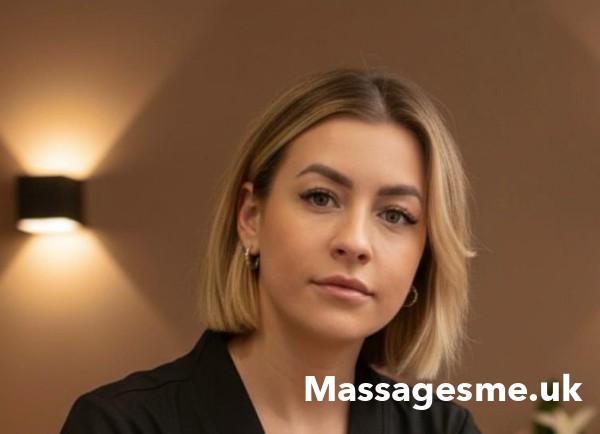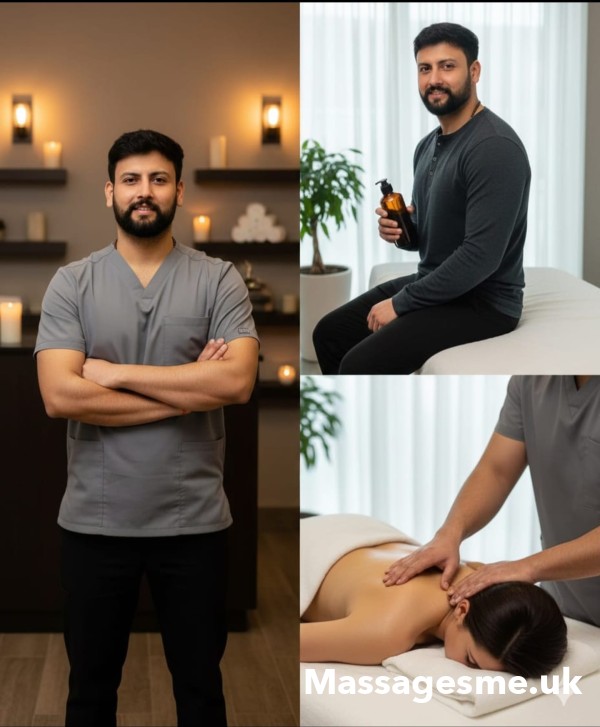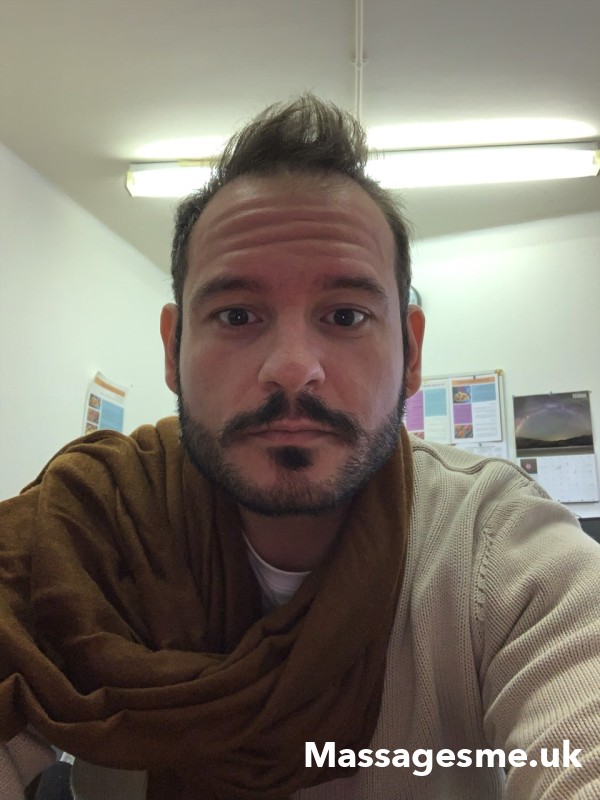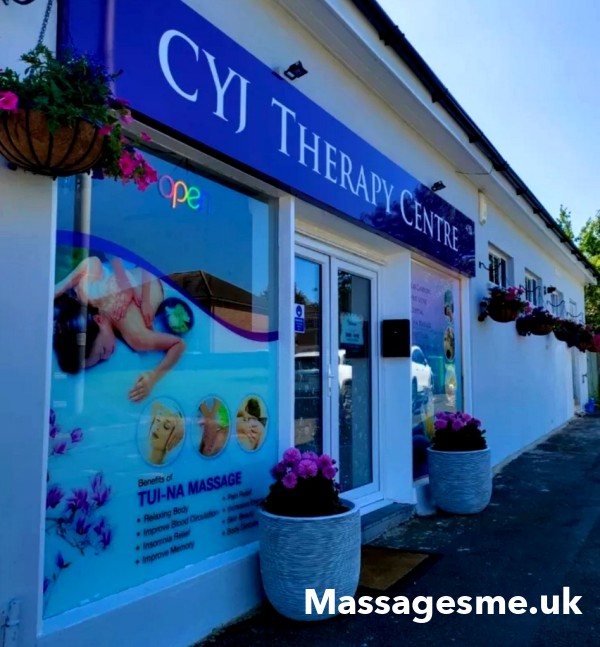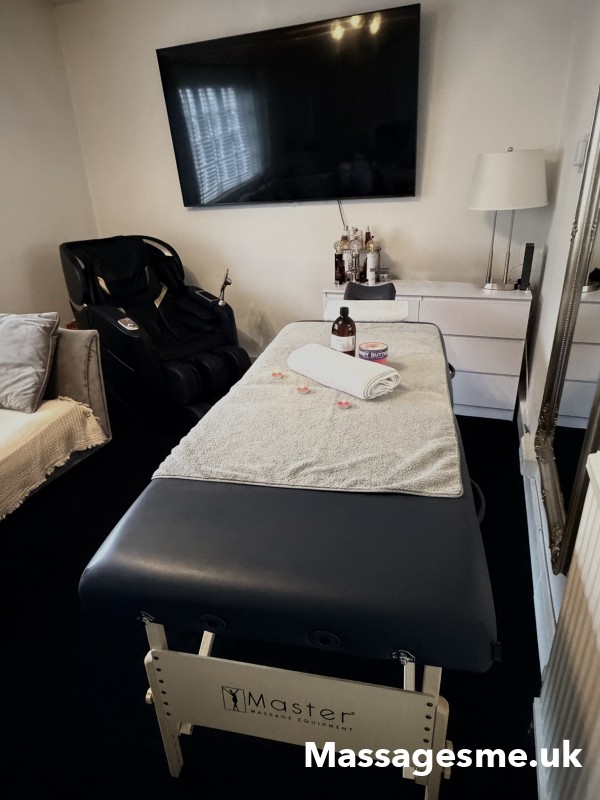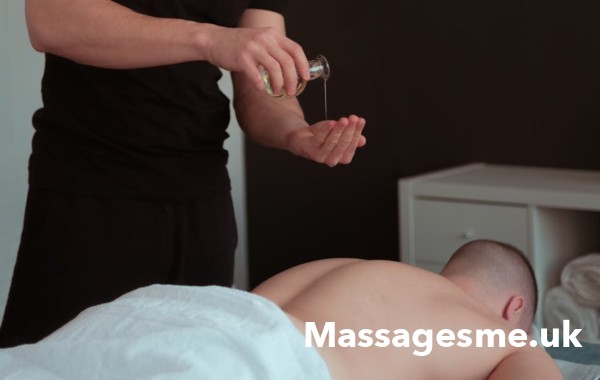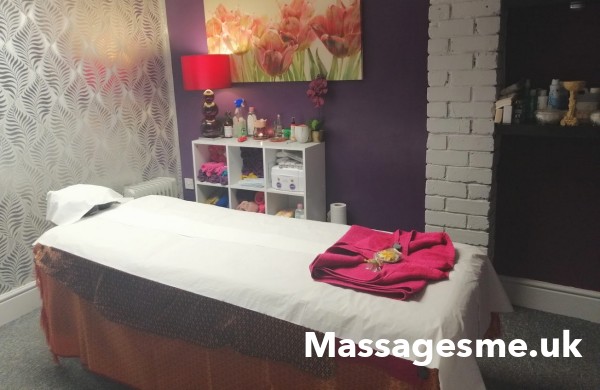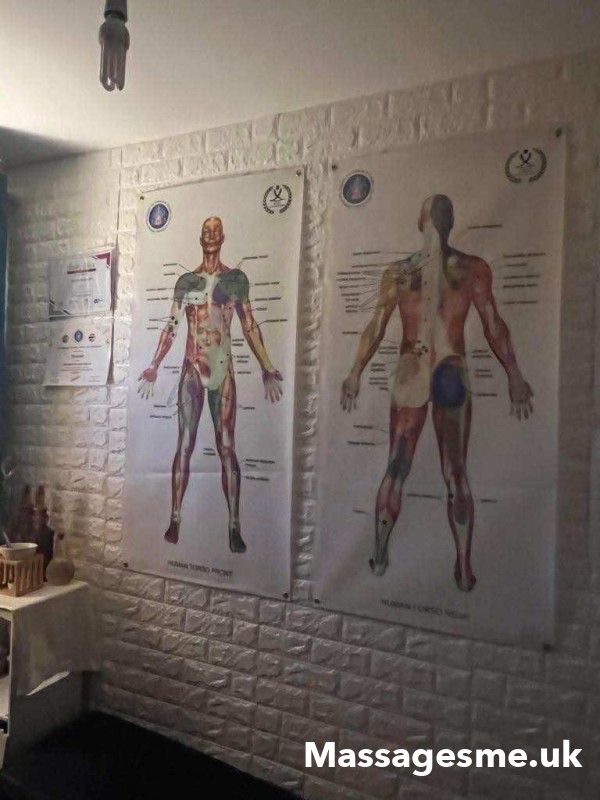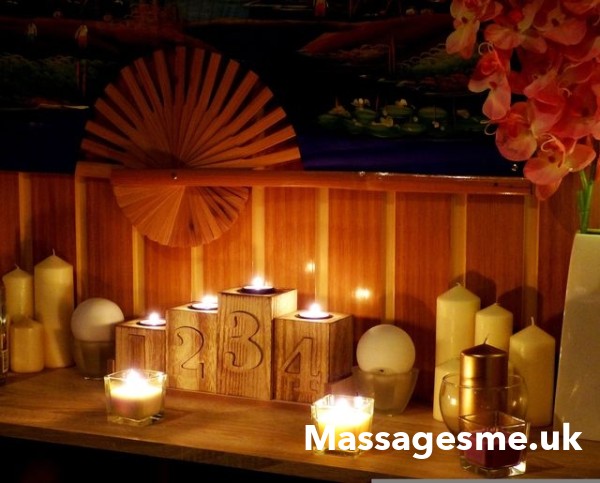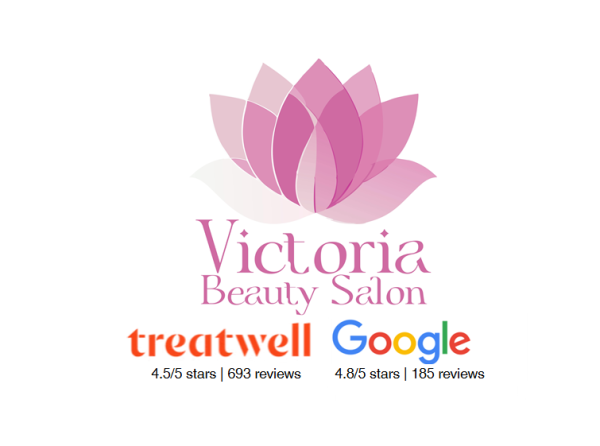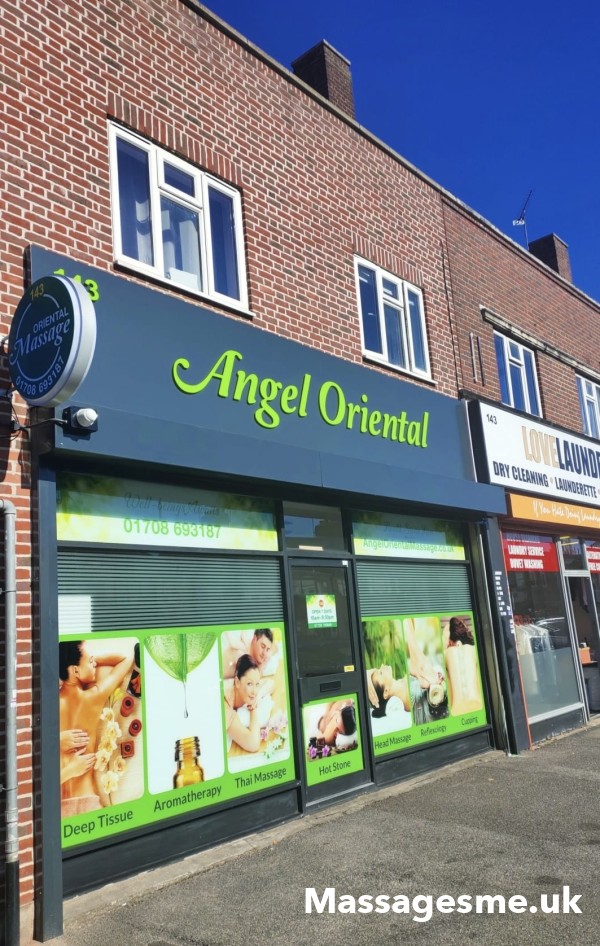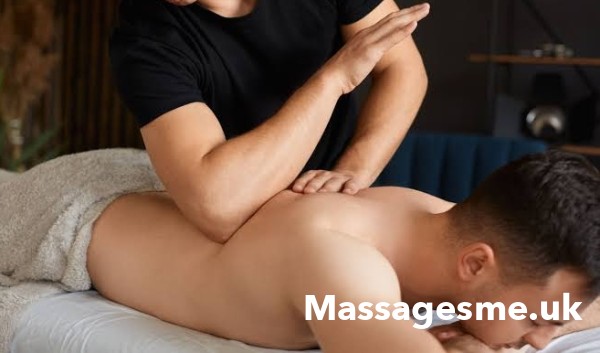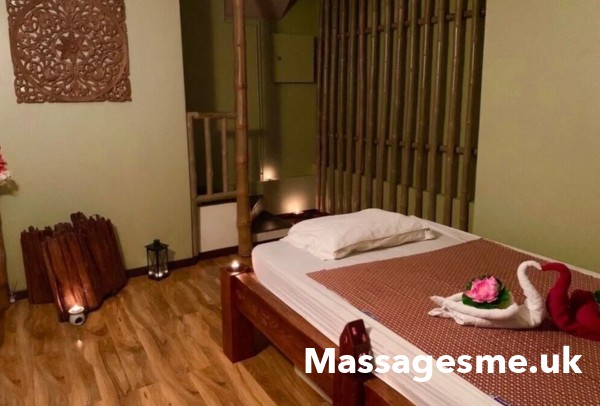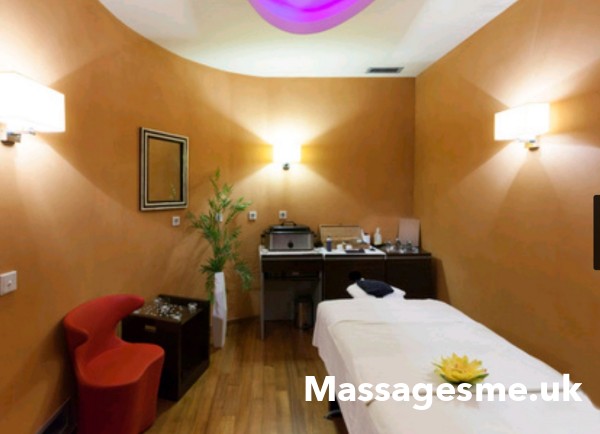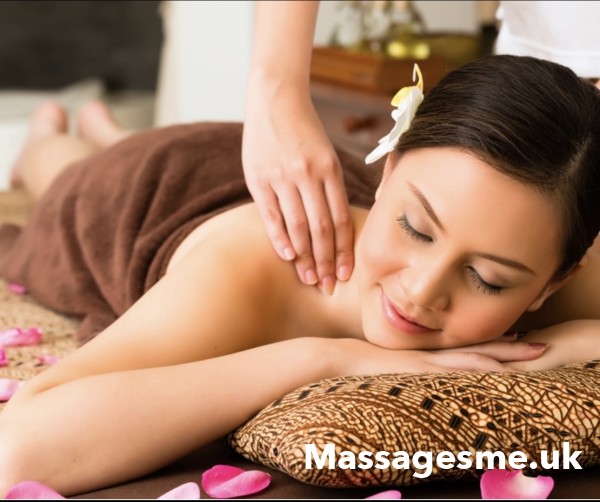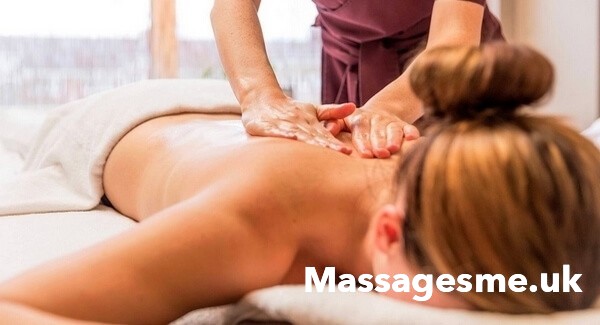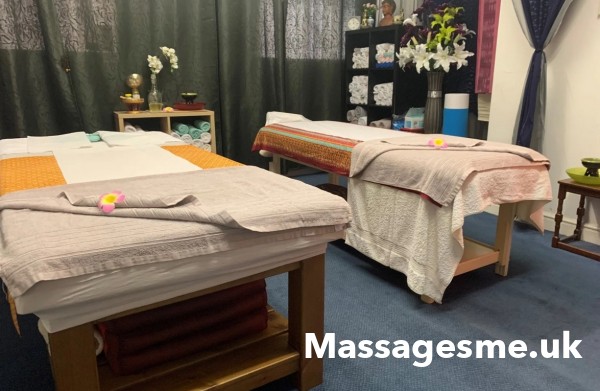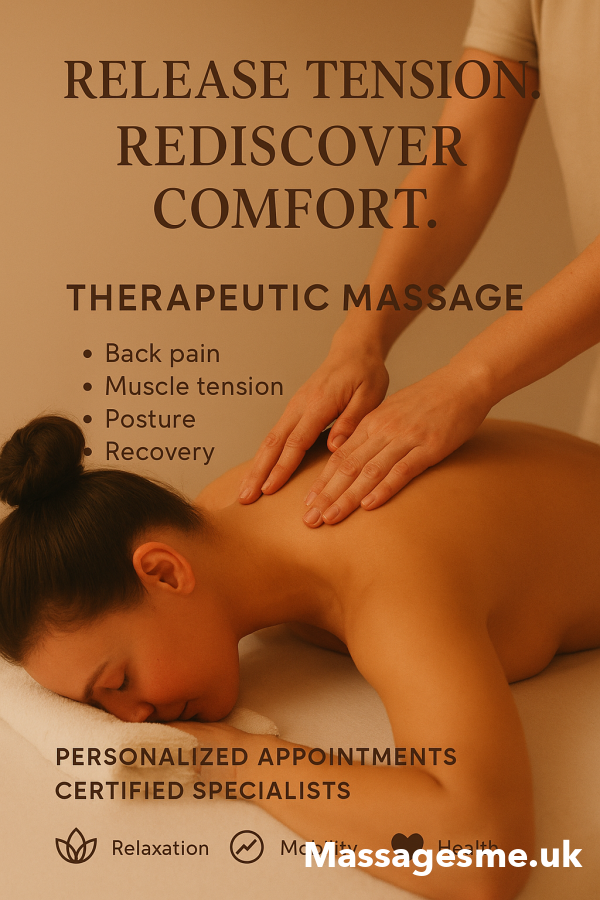Aromatherapy massage combines the therapeutic power of touch with the natural healing properties of essential oils to offer a comprehensive approach to relaxation and well-being. By blending precise massage techniques with carefully selected essential oils, this therapy supports physical health and emotional balance. This comprehensive guide explores the benefits of aromatherapy massage, the science behind essential oils, their safe usage, and how this holistic therapy can become an integral part of your wellness routine across the UK.
Understanding Aromatherapy Massage: A Holistic Approach to Wellness
Aromatherapy massage represents a sophisticated integration of ancient healing wisdom and modern therapeutic practice. This holistic treatment methodology combines the proven benefits of skilled massage therapy with the therapeutic properties of carefully selected essential oils, creating a synergistic approach to health and well-being that has gained significant recognition within the UK's complementary therapy sector.
The foundation of aromatherapy massage lies in its dual-action mechanism: whilst massage therapy addresses muscular tension, improves circulation, and promotes relaxation through skilled manipulative techniques, the essential oils work simultaneously on multiple levels. The olfactory system directly influences the limbic system—the brain's emotional processing centre—whilst topical absorption allows therapeutic compounds to enter the bloodstream, creating a comprehensive healing experience.
The Science Behind Aromatherapy Massage
Contemporary research supports the efficacy of aromatherapy massage across multiple health parameters. Studies published in peer-reviewed journals demonstrate measurable reductions in cortisol levels (the primary stress hormone), improvements in sleep quality scores, and decreased anxiety ratings following regular aromatherapy massage sessions.
The physiological mechanisms involve both neurological and biochemical pathways. When essential oil molecules are inhaled during treatment, they travel directly to the olfactory bulb and subsequently to the limbic system, triggering the release of neurotransmitters such as serotonin and dopamine. Simultaneously, transdermal absorption during massage allows bioactive compounds to enter systemic circulation, where they may influence inflammation markers, immune function, and cellular regeneration processes.
Essential Oils: Nature's Concentrated Therapeutics
Essential oils represent the concentrated essence of plants, obtained through sophisticated extraction methods including steam distillation, cold pressing, and CO2 extraction. These highly concentrated botanical extracts contain hundreds of naturally occurring compounds, including terpenes, esters, aldehydes, and phenols, each contributing to the oil's therapeutic profile.
Therapeutic Classification of Essential Oils
Professional aromatherapists categorise essential oils based on their primary therapeutic actions:
- Adaptogenic oils (lavender, bergamot): Help regulate stress responses and promote emotional equilibrium
- Analgesic oils (wintergreen, peppermint): Provide natural pain relief through anti-inflammatory and cooling actions
- Anxiolytic oils (chamomile, ylang-ylang): Demonstrated anxiety-reducing properties in clinical studies
- Stimulating oils (rosemary, eucalyptus): Enhance circulation, mental clarity, and energy levels
- Antimicrobial oils (tea tree, oregano): Possess scientifically verified antibacterial and antifungal properties
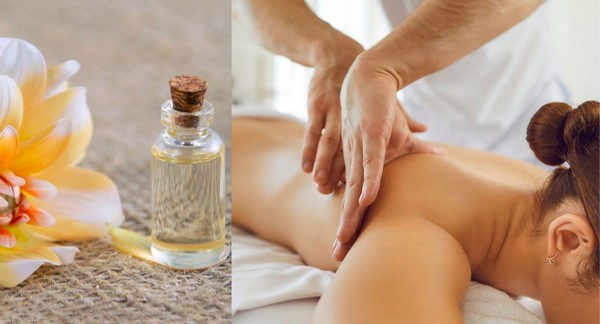
Quality Assessment and Selection Criteria
The therapeutic efficacy of aromatherapy massage depends significantly upon essential oil quality. Professional-grade oils should meet specific criteria:
- Complete botanical nomenclature (Latin species name)
- Country of origin and cultivation method
- Extraction method and date
- Gas chromatography/mass spectrometry (GC/MS) analysis reports
- Proper storage in dark glass containers
- Appropriate viscosity and colour characteristics
Health Benefits and Clinical Applications
Systematic reviews and meta-analyses have established aromatherapy massage as an evidence-based intervention for numerous health conditions commonly encountered in UK healthcare settings.
Documented Therapeutic Benefits
- Stress and Anxiety Management: Significant reductions in perceived stress levels and anxiety scores, particularly effective for generalised anxiety disorder
- Sleep Quality Improvement: Enhanced sleep onset time and sleep efficiency, particularly beneficial for insomnia management
- Pain Relief: Demonstrated efficacy for chronic pain conditions including fibromyalgia, arthritis, and muscular tension
- Mood Enhancement: Measurable improvements in depression scores and overall psychological well-being
- Immune System Support: Strengthened immune markers and reduced inflammation indicators
- Digestive Health: Alleviation of symptoms associated with irritable bowel syndrome and stress-related digestive complaints
Integration with Conventional Healthcare
Aromatherapy massage increasingly complements conventional medical treatments within NHS trusts and private healthcare facilities across the UK. Integration protocols typically involve collaboration between aromatherapy practitioners, physiotherapists, and medical professionals to ensure optimal patient outcomes whilst maintaining safety standards.
Conditions that may particularly benefit from aromatherapy massage include stress-related disorders, chronic pain syndromes, anxiety and depression, sleep disturbances, and recovery from surgery or illness. These applications often complement other therapeutic modalities such as deep tissue massage and Swedish massage.
Safety Guidelines and Professional Practice Standards
Responsible aromatherapy practice requires adherence to established safety protocols and professional standards. The UK aromatherapy sector follows guidelines established by professional bodies including the International Federation of Aromatherapists (IFA) and the Alliance of Registered Aromatherapists (ARA).
Essential Safety Protocols
- Dilution Requirements: Essential oils must be appropriately diluted in carrier oils (typically 1-3% concentration for massage applications)
- Patch Testing: Mandatory skin sensitivity testing 24-48 hours prior to full treatment
- Contraindications Assessment: Comprehensive health screening to identify potential risks or interactions
- Quality Assurance: Use of certified organic, therapeutic-grade essential oils from reputable suppliers
- Professional Qualifications: Treatment by practitioners holding recognised aromatherapy qualifications and insurance
Special Populations and Considerations
Certain populations require modified approaches or additional precautions:
- Pregnancy: Specific oils are contraindicated; always consult qualified prenatal massage specialists
- Children: Reduced concentrations and limited oil selection required
- Elderly Clients: Enhanced skin sensitivity considerations and medication interaction assessments
- Chronic Conditions: Coordination with healthcare providers and modified treatment protocols
What to Expect During Your Treatment
Professional aromatherapy massage sessions in the UK typically follow established protocols designed to maximise therapeutic benefits whilst ensuring client safety and comfort.
Initial Consultation Process
Your first appointment will include a comprehensive consultation covering:
- Detailed health history and current medications
- Specific concerns and therapeutic goals
- Scent preferences and any known sensitivities
- Previous massage or aromatherapy experiences
- Lifestyle factors affecting your well-being
Treatment Session Structure
Standard aromatherapy massage sessions range from 60 to 90 minutes and typically include:
- Preparation Phase (10-15 minutes): Room preparation, oil selection, and client positioning
- Treatment Phase (45-75 minutes): Systematic massage application using selected essential oil blends
- Integration Phase (5-10 minutes): Rest period allowing oil absorption and physiological integration
- Aftercare Discussion: Post-treatment guidance and follow-up recommendations
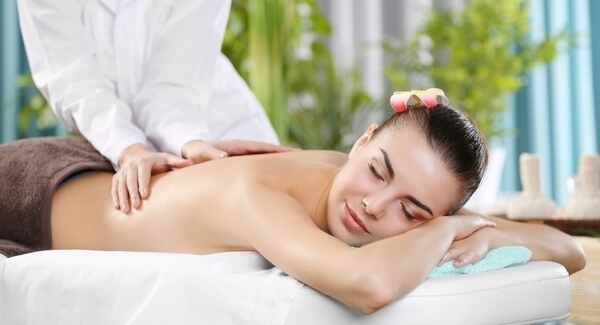
Maximising Your Aromatherapy Massage Benefits
Pre-Treatment Preparation
- Arrive well-hydrated but avoid excessive fluid intake immediately before treatment
- Avoid heavy meals 2-3 hours prior to your session
- Wear comfortable, easily removable clothing
- Inform your therapist of any recent changes in health or medication
- Set aside time for relaxation following your treatment
Post-Treatment Care
- Maintain hydration with room-temperature water
- Allow oils to absorb for several hours before showering
- Avoid strenuous activities for the remainder of the day
- Monitor your response to the treatment and communicate with your therapist
- Consider scheduling regular sessions for cumulative benefits
Client Testimonials and Experiences
"After months of chronic stress from work, aromatherapy massage has become my essential self-care practice. The personalised oil blends my therapist creates address exactly what I need—whether it's energy for Monday morning or deep relaxation after a challenging week. The difference in my sleep quality and overall mood has been remarkable." — Sarah J., Edinburgh
"As someone managing fibromyalgia, I was initially sceptical about alternative therapies. However, the combination of skilled massage and carefully selected essential oils has provided more consistent pain relief than I expected. My therapist's expertise in adapting the treatment to my condition has been invaluable." — Michael R., Cardiff
"The aromatherapy massage sessions during my cancer recovery journey provided not just physical relief, but emotional support during a difficult time. The gentle approach and nurturing environment helped me positively reconnect with my body." — Jennifer L., Manchester
Complementary Treatment Integration
Aromatherapy massage integrates effectively with various other therapeutic modalities to create comprehensive wellness programmes tailored to individual needs.
Synergistic Treatment Combinations
- With Sports Massage: Enhanced recovery and performance optimisation for athletes
- With Acupressure: Amplified energy balancing and meridian stimulation
- With Reflexology: Comprehensive mind-body integration through multiple therapeutic pathways
- With Meditation/Mindfulness: Deepened relaxation states and enhanced stress management skills
Frequently Asked Questions
How often should I receive aromatherapy massage treatments?
Treatment frequency depends on individual needs and therapeutic goals. For stress management and general wellness, monthly sessions are often sufficient. For acute conditions or intensive therapeutic programmes, weekly sessions may be recommended initially, with frequency adjusted based on response and improvement.
Are there any side effects or risks associated with aromatherapy massage?
When performed by qualified practitioners using appropriate dilutions, aromatherapy massage is generally very safe. Potential side effects are typically mild and may include temporary skin redness, mild headaches, or emotional responses as the body releases tension. Serious adverse reactions are rare but can occur with improper oil selection or application.
Can aromatherapy massage help with specific medical conditions?
Research supports aromatherapy massage for various conditions, including anxiety, depression, chronic pain, insomnia, and stress-related disorders. However, it should complement rather than replace conventional medical treatment. Always consult your healthcare provider before beginning aromatherapy if you have existing medical conditions.
What qualifications should I look for in an aromatherapy practitioner?
Seek practitioners with recognised qualifications from accredited training institutions, membership in professional bodies such as the IFA or ARA, current professional insurance, and continuing education credentials. Experience with your specific needs or conditions is also valuable.
How much does aromatherapy massage typically cost in the UK?
Prices vary based on location, practitioner experience, and session duration. Expect to pay £40-£80 for a 60-minute session, with London and other major cities typically commanding higher rates. Mobile treatments may include additional travel charges.
Finding Qualified Aromatherapy Practitioners in the UK
Selecting an appropriately qualified and experienced aromatherapy massage practitioner is crucial for achieving optimal therapeutic outcomes whilst maintaining safety standards.
Professional Credentials to Verify
- Completed training from recognised institutions (minimum 200 hours for comprehensive aromatherapy training)
- Current professional membership and continuing professional development
- Professional indemnity and public liability insurance
- Positive client testimonials and professional references
- Clean, professional treatment facilities meeting health and safety standards
Massages Me UK provides access to a carefully vetted network of qualified aromatherapy practitioners across England, Scotland, Wales, and Northern Ireland. Our platform allows you to browse practitioner profiles, read verified client reviews, compare qualifications and specialities, and book treatments securely online.
Treatment Settings and Options
Professional aromatherapy massage is available through various service delivery models:
- Spa and Wellness Centres: Comprehensive facilities with multiple therapy options
- Private Practice Clinics: Personalised care in dedicated therapeutic environments
- Mobile Massage Services: Convenient home-based treatments with professional portable equipment
- Healthcare Integration: Hospital and clinic-based services supporting medical treatments
The Future of Aromatherapy Massage in UK Healthcare
The integration of aromatherapy massage within mainstream UK healthcare continues to evolve, with increasing recognition of its evidence base and therapeutic value. Current trends include:
- Integration within NHS pain management programmes
- Corporate wellness programme inclusion
- Research partnerships with academic institutions
- Technology-enhanced personalisation of essential oil selection
- Sustainable and ethical sourcing initiatives
Conclusion: Embracing Holistic Wellness Through Aromatherapy Massage
Aromatherapy massage represents a sophisticated, evidence-based approach to health and well-being that honours both traditional healing wisdom and contemporary therapeutic standards. When integrated thoughtfully into your wellness routine and delivered by qualified professionals, it offers measurable benefits for physical health, emotional balance, and overall quality of life.
The key to successful aromatherapy massage lies in working with experienced practitioners who can create personalised treatment programmes tailored to your specific needs, health status, and therapeutic goals. Through platforms like Massages Me UK, you can access this expertise conveniently whilst ensuring professional standards and safety protocols are maintained.
Begin your journey towards enhanced well-being by exploring qualified aromatherapy massage practitioners in your area. Whether you're seeking stress relief, pain management, or simply a luxurious self-care experience, professional aromatherapy massage offers a pathway to greater health and vitality.
Book Your Aromatherapy Massage Experience
Discover the transformative benefits of professional aromatherapy massage by connecting with qualified practitioners through Massages Me UK. Our comprehensive platform features experienced male massage therapists and female massage therapists specialising in aromatherapy and other therapeutic modalities across the United Kingdom.
Simply enter your postcode to explore available practitioners, read verified client reviews, compare qualifications and specialities, and book your personalised aromatherapy massage experience with confidence. Your journey to enhanced wellness begins with a single appointment.
